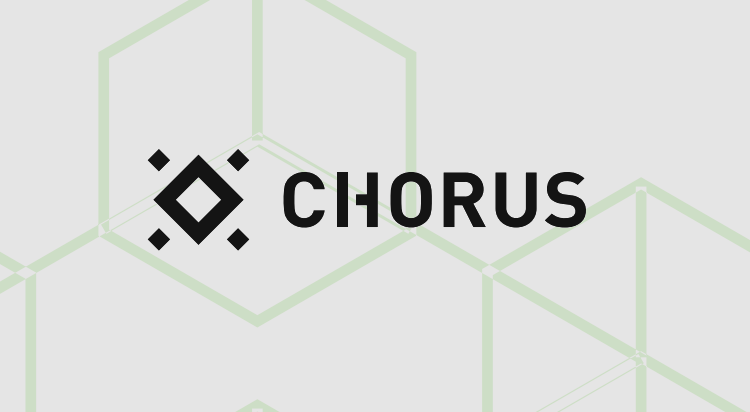Interchain Foundation and Chorus One, a company providing staking services, have released an extensive research report on designs and implications of protocols that tokenize stake. The research conducted as part of the Liquid Staking Working Group, a collective of organizations within the staking industry with an interest in tokenized staking protocols, was commissioned and supported through grant funding by the Interchain Foundation (ICF), a Swiss foundation promoting and advancing open and decentralized systems.
Brian Fabian Crain, Co-Founder, and CEO of Chorus One, said, “Staking often requires users to lock up their tokens for long periods of time to guarantee secure network operation. This means that users participating in staking usually cannot liquidate their staked assets when they desire to. It also means cryptoassets used in staking cannot interact with the burgeoning decentralized finance ecosystem, a space that could provide tremendous value to holders of Proof-of-Stake assets and grow massively if it had access to staking assets as collateral.
These circumstances are driving users to stake on centralized exchanges which can provide them with liquidity and additional services for their assets. If this trajectory continues, control over these networks will centralize in the hands of a few custodial entities, threatening the censorship-resistance and neutrality of Proof-of-Stake blockchains.
A recent trend within the staking industry to tokenize staked assets could provide a countering force to the power of custodial entities. Tokenized stake would allow users to access decentralized finance and exchange protocols with their staked assets. This would unlock countless possibilities for non-custodial stakers that could otherwise only be achieved by staking on a centralized exchange.”
Introducing common concepts in Proof-of-Stake, the report delves into the capital cost that protocol restrictions impose on holders, using the design of the Cosmos Hub as an example. It highlights how centralized entities in control of account keys participating in staking can circumvent limitations imposed by Proof-of-Stake protocols, which allows them to offer vastly superior products to their users.
The core piece of the research report takes a holistic approach to alternative liquid staking protocol designs that seek to tokenize stake, and the implications that this trend might have on the wider Proof-of-Stake ecosystem. Covering potential risks and benefits of tokenized stake (sometimes also referred to as staking derivatives), this spotlights its potential impact on protocol governance, network security, and decentralization.
Finally, the report establishes criteria that an ideal liquid staking solution should possess and proceeds to evaluate 8 designs aiming to bring liquid staking capabilities to various current Proof-of-Stake networks, including projects such as Rocket Pool, StakerDAO, Stake DAO, and Acala.
Billy Rennekamp, Board of Management at the Interchain Foundation, said, “Staking derivatives are a potential solution for a looming existential threat to the viability of Proof-of-Stake networks. Should the validation of networks like the Cosmos Hub converge on centralized exchanges instead of a robust and diverse validator ecosystem, the security assumptions of Proof-of-Stake may fall apart. At the same time, staking derivatives fundamentally alter Proof-of-Stake economic design. It’s important to treat this issue with extreme diligence and Chorus One has done a fantastic job studying the problem, surveying all implementations to date, and extrapolating future directions of development. I’m excited to see this work taking place and proud that the Interchain Foundation has been able to support it.”
